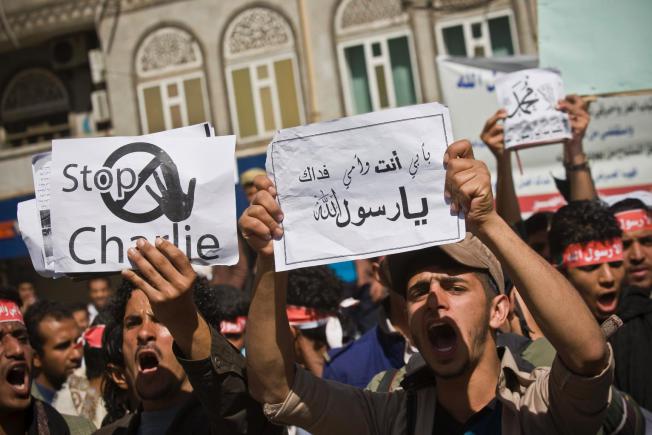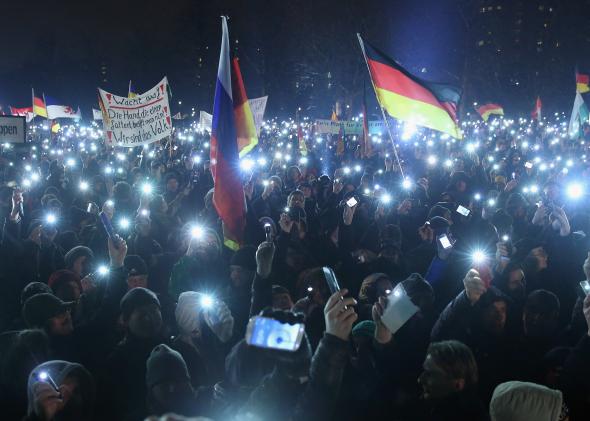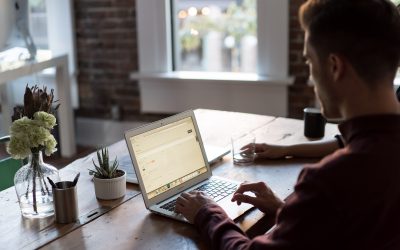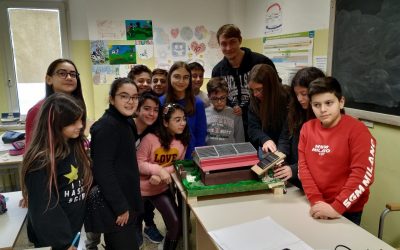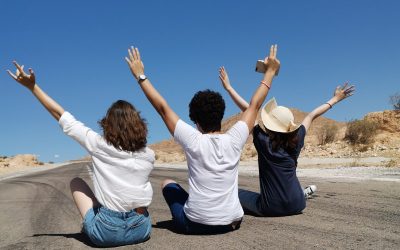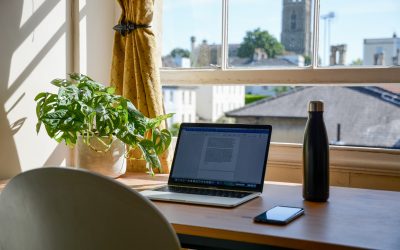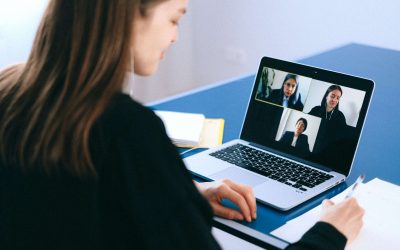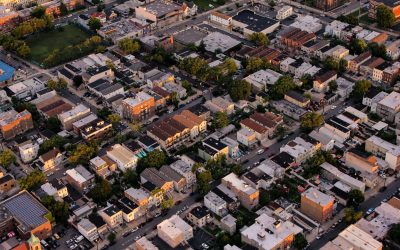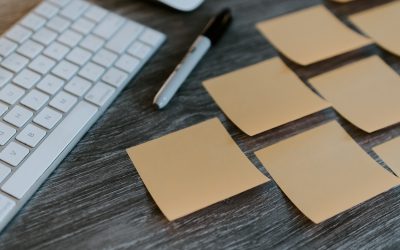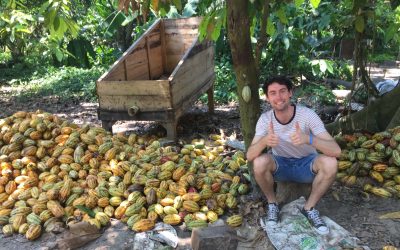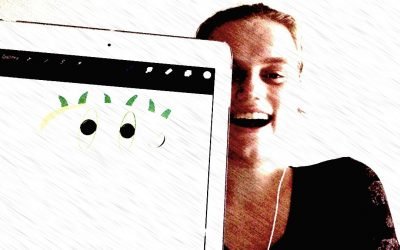The World’s Very Real Need for Cultural Understanding
AIESEC emerged from a period in time when cultural understanding was at an all-time low. In the years following the Second World War, the whole of the European continent was ravaged to the ground. Each nation was coping with its own grave losses, and between all countries there was tremendous disconnect. Not only was there pressure to educate and create individuals capable of rebuilding their countries, there was also the very real need to repair damaged European relations.
Looking at the world today, one can’t help but notice striking similarities. Devastation, turmoil, anger, despair—none of these are strangers to us. Although it has been seventy years since the end of WW II, we keep on seeing headlines focused on violence.
Furthermore, what the world suffers from today is not the disconnection within a continent, but rather, the tensions within an entire planet. We suffer today from disconnect between continents, between nations, within countries, within communities. We are suffering from differences in ideology, in religion, and in culture. And it is becoming abundantly clear that such differences can have fatal consequences.

“Solidarity” (Source: ABC News)
Turbulences in Europe
In the first week of January, the world was deeply shaken by the Charlie Hebdo shooting that occurred in Paris. An event that has resulted in global repercussions for numerous other nations. It has also drawn attention to a number of ongoing conflicts throughout Europe and the rest of the world.
In the days that followed, the world saw two categories of reactions: outbreaks of conflict and marches of solidarity.
In the week that followed the shootings, France reported fifty-four anti-Muslim attacks. Conflicts escalated in reaction to Charlie Hebdo’s resumed publication with the controversial cover—in Niger, violent protests resulted in the deaths of ten people, with dozens injured, and a number of churches burned. Similar protests also occurred in Pakistan and Algeria.
Source: .usnews.com
Meanwhile, over 100,000 people in France took to the streets for candlelit vigils in demonstrations of solidarity. The slogan, “Je suis Charlie” (I am Charlie in French), became simultaneously an endorsement from freedom of speech and a way to honour the victims of the shooting. Similar vigils took place all over the globe in the UK, the US, Canada, Australia, the Netherlands, to name a few. In what officials called the largest public rally in France since World War II, up to two million people marched in a ‘unity rally’, joined by more than 40 world leaders.
Two weeks ago, a youth was stabbed to death in Dresden, Germany—a city that has been the hotbed for anti-immigrant and ‘anti-Islamisation’ movements by the organization PEGIDA (Patriotic Europeans Against the Islamisation of the West, in German). This, in turn, has resulted in numerous counter-demonstrations across the country against racism, calling for cultural acceptance and tolerance.
Source: Slate.com
The role of global challenges
Looking at these stories, a pattern becomes clear—the current issues now are recurring or ongoing reactions to other issues. The stories become convoluted into an overarching narrative of conflict. We must understand, however, that intolerance is equivalent to blindness. With cultural tensions on the rise, how are we to reconcile our differences?
What would the world be like if instead of differences, we choose to see similarities? Like the unity rally, which brought masses of people and a multitude of nations together—for the first time since the Second World War!—what would the world be like if we reveled in diversity, instead of seeking to destroy it?
We return again to the original mission of AIESEC: “to expand the cultural understanding of a nation by expanding the understanding of the individuals, changing the world one person at a time”. As stated in our “Why We Do What We Do” video, “When you see the world, you can begin to understand it. And when we understand it, we can begin to change it.”
It’s a big world out there, made up of many, many individuals—7 billion of them, to be exact. Here in AIESEC, one of our six core values is Living Diversity. We believe that everyone, because of their own culture and place in life, has something valuable to offer, and we seek to encourage the contribution of each individual.
Each and every one of us has a choice every day—will you choose peace?
This post was written by AIESEC in the Netherlands. We offer international voluntary projects and professional internships with the aim of developing leadership in youth.

